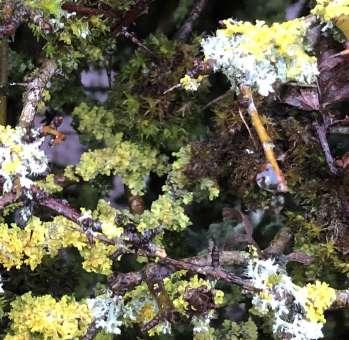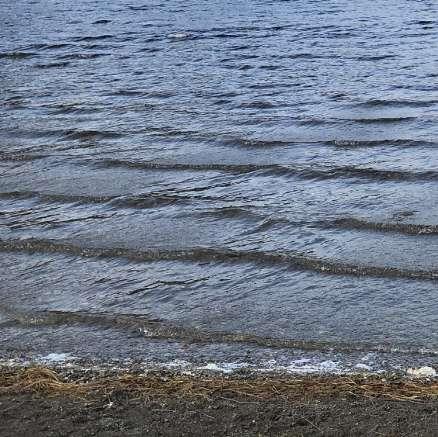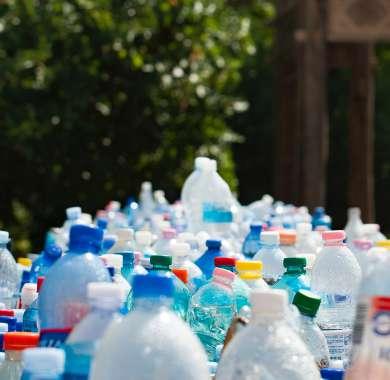
1 minute read
Making better use of our natural resources
The bioeconomy refers to the use of renewable biological resources from land and sea – such as crops, forests, fish, animals and micro-organisms – to produce food, materials and energy.
A strong bioeconomy will help Ireland and Europe to live sustainably. The production and exploitation of biological resources is a key aspect of the transition towards a carbon-neutral society.
Advertisement
With an annual turnover of around two trillion euros and employing around 22 million people, the bioeconomy is already one of Europe’s biggest and most important sectors. The EU is helping Ireland to develop a sustainable bioeconomy to safeguard the security and prosperity of future generations.
Launched in 2018, BiOrbic (previously known as BEACON) is Ireland’s national Bioeconomy Research Centre. Funded by Science Foundation Ireland, with financial support from the EU, the €18 million research centre aims to develop new technologies and processes to sustain the use of our natural resources and grow the economy.
“We need to integrate production of food, feed and materials/chemicals so that we reduce waste, reduce greenhouse gas emissions, recycle, conserve our natural habitats and increase biodiversity,” says Kevin O’Connor, Professor of Biomolecular and Biomedical Science at University College Dublin and Director of BiOrbic.


“Can we reduce the use of plastics by substituting them with natural materials that can be recycled and can be composted? Can we make greener plastics from waste, reducing greenhouse gas emissions in their production, so that they can be recycled and composted? This is the new bioeconomy.”
BiOrbic has made significant progress in its efforts to develop Ireland’s bioeconomy. In 2018, researchers discovered a blend of biodegradable plastic that completely breaks down under typical home-composting conditions. The discovery provides an exciting opportunity to create novel sustainable plastics that perform in multiple positive ways for society while reducing waste.
“The EU is incredibly important in supporting our research objectives,” says Kevin. “We hope that increased investment in the bioeconomy will help diversify Irish business activities and reduce carbon emissions in Ireland.”










